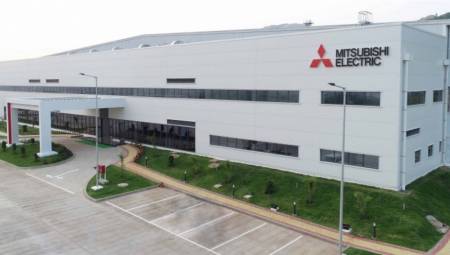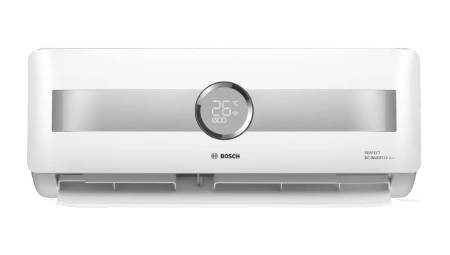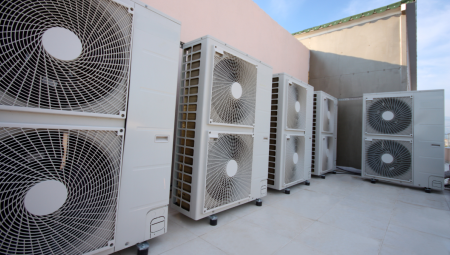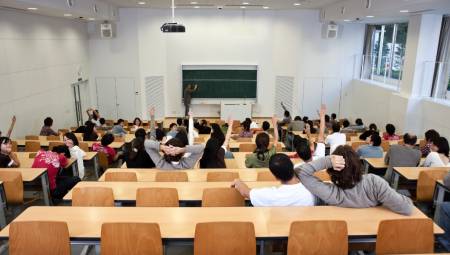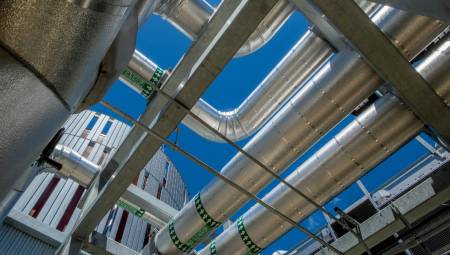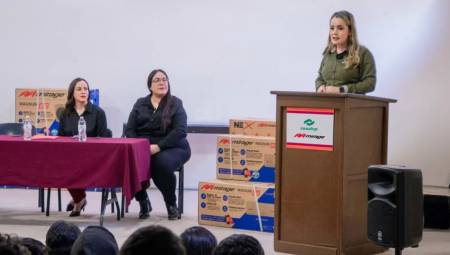Colombia. Weston SAS announced that it was selected by the United Nations, in partnership with the Ozone Technical Unit and the Ministry of Environment and Sustainable Development, to design, manufacture and install ecological commercial refrigeration equipment, with natural refrigerant propane (R290) and with energy efficiency measures, for the main supermarkets nationwide.
This equipment will allow the country to make a transition from conventional refrigerants, harmful to the environment, towards a greener solution, reducing greenhouse gases and avoiding the deterioration of the ozone layer.
Considering that CFC and HFC gases commonly used for refrigeration systems are harmful to the ozone layer and global warming, several countries in the world, including Colombia, reached international agreements through the Montreal Protocol and the Kigalli Amendment, where they commit to stop using harmful refrigerants by 2030.
Weston SAS stated that for more than 5 years it has taken measures to mitigate the consumption of ozone-depleting substances, which is why it was selected by the UN to take on the challenge of developing this project.
"As manufacturers of this equipment we have an obligation to offer the market products with environmentally responsible technologies. That is why, with the support of the UN and the UTO, we managed to develop equipment that is 1,300 times greener, using natural refrigerant propane (R290) and up to 4 times more energy savings," said Richard Osma, general manager of Weston SAS.
With this project Weston SAS delivered a total of 8 self-contained refrigeration equipment with the built-in unit and remote installation, for different warehouse formats, such as: Colsubsidio, Grupo Éxito, Cencosud, Olímpica and Jerónimo Martins that will encourage the use of natural refrigerants in our country.

The project was structured in three stages; starting with the design and development of the equipment, where Weston SAS, with the help of national and international consultants, selected the right components, carried out laboratory tests and energy efficiency studies, which allowed to improve the way in which the equipment is manufactured, assembled, and tested to achieve a product that exceeds international standards and norms. The second stage consisted of installing and testing this same equipment in chain warehouses.
The last stage, which began this November, consists of a series of trainings where Weston SAS and the Ozone Technical Unit (UTO) will publicize the importance of this transition and the good management of the natural refrigerant propane (R290) to the supermarket and commercial refrigeration sector of the country.
Why natural refrigerants?
CFC and HFC gases are commonly used in refrigeration systems, air conditioners, packaging, insulating foams and solvents, however, CFCs degrade with difficulty, are toxic and once emitted remain in the atmosphere for between 50 and 100 years approximately, destroying the ozone layer. That is why its use has been banned in some countries, with HFC gases emerging that, although they do not damage the ozone layer, have turned out to be greenhouse gases contributing to global warming of the planet and therefore to climate change.
The use of natural refrigerants is becoming more relevant in the commercial refrigeration market due to its low environmental impact, increase in energy efficiency and reduction of direct emissions to the ozone layer.
More information with Lorena Fernández, Marketing and Advertising Coordinator of Weston SAS: [email protected] - Cellphone: 57 3102526457






